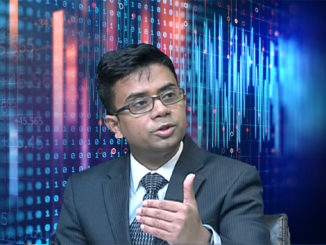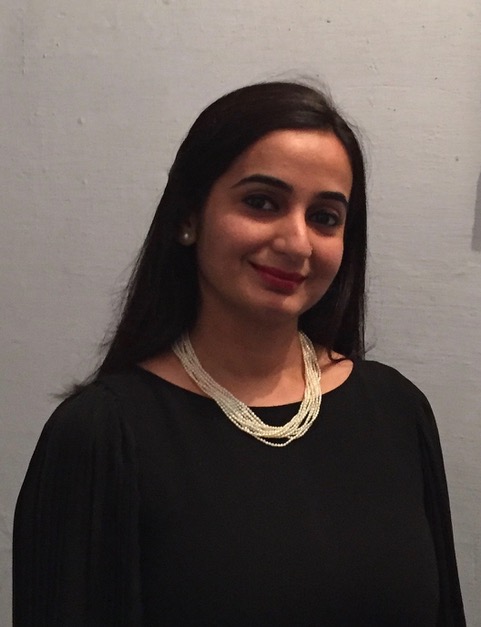Is there no mechanism to abrogate Article 370 even when the people of Jammu and Kashmir want it, the Supreme Court asked on Thursday, Aug 3, and wondered if the now repealed provision can’t be touched will it not amount to creating a “new category” beyond the basic structure of the Constitution. Hearing for the second day a clutch of petitions challenging the Centre’s 2019 decision to abrogate Article 370 of the Constitution that accorded special status to Jammu and Kashmir, a five-judge constitution bench headed by Chief Justice DY Chandrachud wanted to know how the provision could be revoked in the absence of a constituent assembly.
The bench, also comprising Justices Sanjay Kishan Kaul, Sanjiv Khanna, BR Gavai and Surya Kant, told senior advocate Kapil Sibal, appearing for National Conference leader Mohd Akbar Lone, there are only two highly debatable issues—whether Article 370 acquired a permanent status with the cessation of the constituent assembly of Jammu and Kashmir and whether the procedure adopted for its abrogation was valid.
Sibal submitted there was an understanding between the Constitution framers and then Maharaja of Jammu and Kashmir Hari Singh who, while in favour of independence of his state, signed the instrument of accession to India due to the trouble caused by Pakistani infiltrators, under which Article 370 was inserted and no process can now be followed to abrogate it.
“The Constitution is a live document and it is not static. Can you say that there is no mechanism to change it (Article 370) even when everyone wants to change it? Then you are saying that this can’t be changed even if all of Kashmir wants it,” Justice Kaul told Sibal. Source: PTI
© The Indian Panorama





Be the first to comment